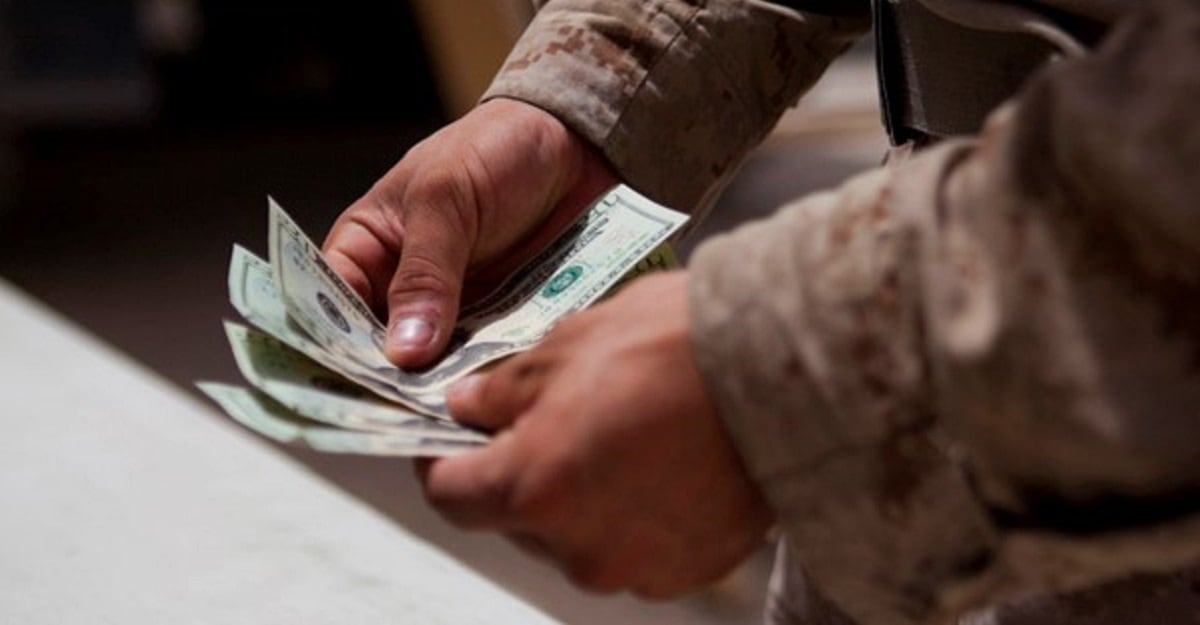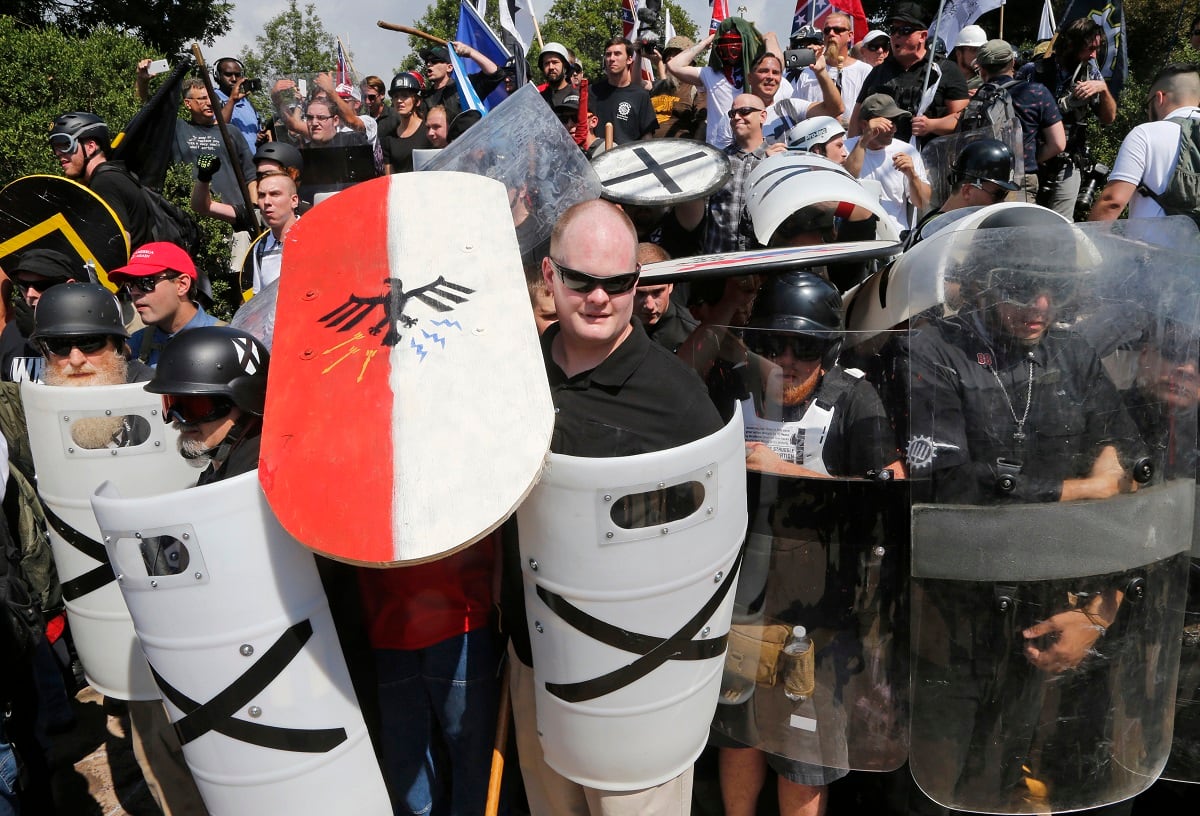Traditionally, the agency that bestows security clearances on government employees re-investigates those candidates on a cyclical basis, checking on their credit reports, criminal histories and so on, once every several years. But a new vetting process means the Defense Department, and employees of dozens of other government agencies, will continuously scan background check databases and have any new events sent straight to investigators.
The Defense Counterintelligence and Security Agency announced Tuesday that all DoD clearance holders are now part of its continuous vetting program. This means that if an employee comes under criminal investigation, or forecloses on a home, multiple agencies will ping DCSA with the news immediately. At the same time, DCSA software will automatically scan those databases for new information.
Previously, the agency did background checks every five to 10 years on roughly 4 million DoD clearance-holders, which meant that it could be years before an event that would disqualify someone from holding a security clearance was caught.
RELATED

For instance, DCSA direct William K. Lietzau told reporters Tuesday, continuous vetting recently picked up an employee with a fugitive arrest warrant for attempted murder and assault.
“The key is that the alert information developed through the DCSA continuous vetting system was received and validated five and a half years before the subject’s next periodic reinvestigation,” he said, meaning DoD might not have know about it for another half-decade.
In that case, automatic scanning of databases caught the event, rather than an investigator having to vet each individual manually.
Similarly, he said, in Jan. 2021 DCSA got a warning about an employee who was under investigation for ties to a terrorist organization, three days after the person had been enrolled in the system. Otherwise, it might have been eight years before a reinvestigation found that potential affiliation.
“This alert identified that the subject was under active investigation by another government agency for potential terrorism activities, including a plan targeting United States facilities, and ties to known or suspected terrorists,” Lietzau said, adding that the threat wasn’t related to the Jan. 6 attack on the Capitol.
He did not specify which organizations the examples came from.
RELATED

The effort feeds directly into DoD initiatives to monitor extremist affiliations and behavior, including the objective to be better able to intervene. That could eventually include monitoring social media activity.
“We already have several pilot programs we’re working on, to look at the value of social media, and how you can look at it ― whether it’s an event-driven look at social media; whether it’s a regular, continuous look at some social media; or whether it’s a one-time, when they’re investigated, look at social media,” Lietzau said. “There’s different ways you could use some of the social media search capabilities that are out there. We’re still right now analyzing how much value we think there is.”
It will be up to DoD policymakers to decide whose social media might be searched and in what way, he said.
In addition to service members and many DoD civilians, DCSA is working to enroll the rest of the federal government. So far, 30 agencies have signed on, Lietzau said.
Those include VA, the Federal Aviation Administration, the Health and Human Services Department and the General Services Administration.
Eventually, as part of a broader effort subbed Trusted Workforce 2.0, all periodic investigations will be completely replaced by the National Background Investigation Services, a personnel vetting system still under development.
The goal is to have the entire federal government on that system by the end of 2023.
Meghann Myers is the Pentagon bureau chief at Military Times. She covers operations, policy, personnel, leadership and other issues affecting service members.





